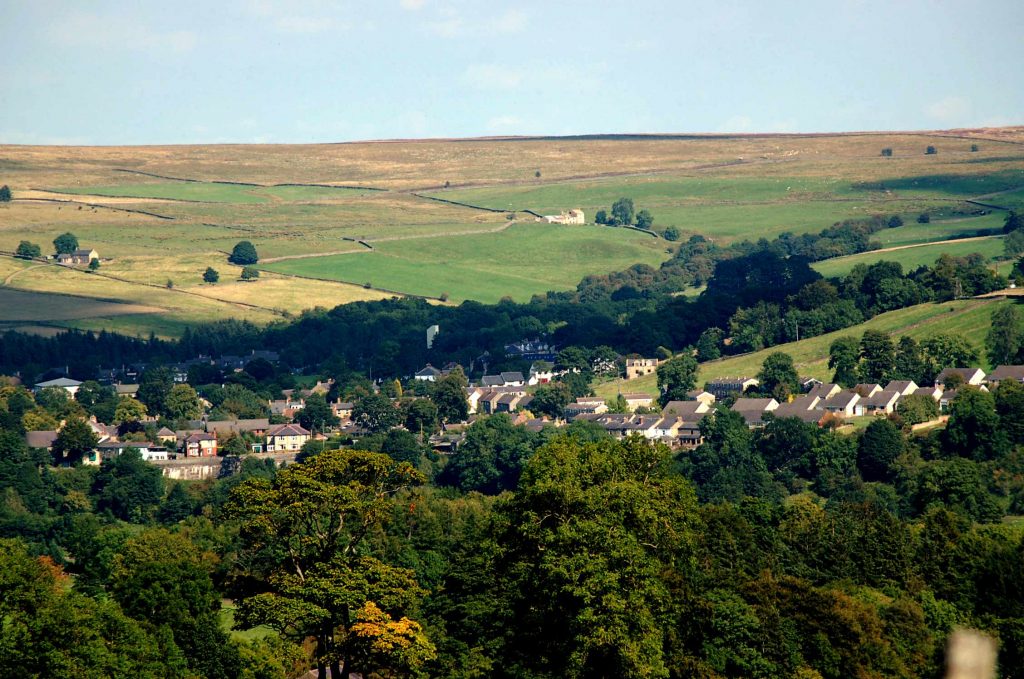
Credit: North Pennines AONB
Frances Rowe discusses the potential of rural economies, in the context of the ongoing House of Lords enquiry into rural economies.
I have often observed how policy for rural economies seems to be caught between agricultural support on the one hand, and measures to encourage urban growth on the other. Yet as the House of Lords enquiry into rural economies has been finding out, neither perspective is sufficient to unlock the potential of rural economies. As Professor Jeremy Phillipson reminded the committee in his oral evidence that rural businesses are worth an estimated £250 billion per annum to the national economy in GVA terms, the equivalent of the 10 largest cities outside London. The problem with policy is that it regards rural economies as an offshoot of primary production to be catered for by farm support, while urban growth policies fail to take account of the distinctive needs of rural economies that are dominated by small businesses, and where growth and employment may be steadier. Yet as research by Newcastle University’s Rural Enterprise UK has shown, rural businesses are frequently innovative and have the potential to grow – for example, through exports – while making a valuable contribution to the resilience of rural places and communities. With many policies in a Brexit-induced state of flux, including domestic policy for industrial and clean growth strategies, there is the opportunity for rural economies to ‘come in from the cold’ and for their distinctive needs to be recognised. For this to happen several commitments need to be in place. These were spelled out by Professor Phillipson in his evidence to the committee, and in written evidence submitted by the Centre for Rural Economy.

Credit: Frances Rowe
The first is for policy support for rural economies to be decoupled from agriculture, as the OECD was advocating more than 10 years ago. I do not see this as denying the value of agriculture to rural economies, for example as an input into downstream activities such as food processing, the indirect value of farming to tourism, or the innovative potential of farmers to tackle the challenges of a changing climate. Rather, a sectoral focus on primary production in policy terms fails to capture the diversity and potential of the wider rural economy and the needs of non-farming businesses. Second, we need a universal commitment to high speed broadband and mobile infrastructure as an essential underpinning to rural business growth and future rural service provision. It is said we are entering a ‘fourth industrial revolution’. This is an umbrella term for a range of new technologies that are revolutionising the ways in which we live and work, and as a recent workshop as part of the Northern Powerhouse business summit highlighted, it is vital that rural businesses and communities do not miss out. Third is a drive to more effective rural proofing, not only of national government policy, but critically, sub-national policies and programmes, such as the local industrial strategies being developed in England. Not only must policy contain the right words, it must also be designed for rural as well as urban businesses, and evaluated for its rural impacts. Research by Rural Enterprise UK has found that there are distinctive barriers faced by rural businesses in accessing skilled labour and developing the training needed to create high quality jobs and growth. However, with inventive and flexible policies these barriers can be overcome. Finally, policy must be joined up across national and local government so that longstanding structural barriers to rural growth can be tackled, such as the lack of affordable housing and transport. These barriers are not new, but they remain inhibitors of rural business growth. Policy that is calibrated to local needs and opportunities, within an overarching national framework that calls delivery bodies to account, may be the most effective approach all round. I await the Committee’s recommendations with interest, and the government’s response.

